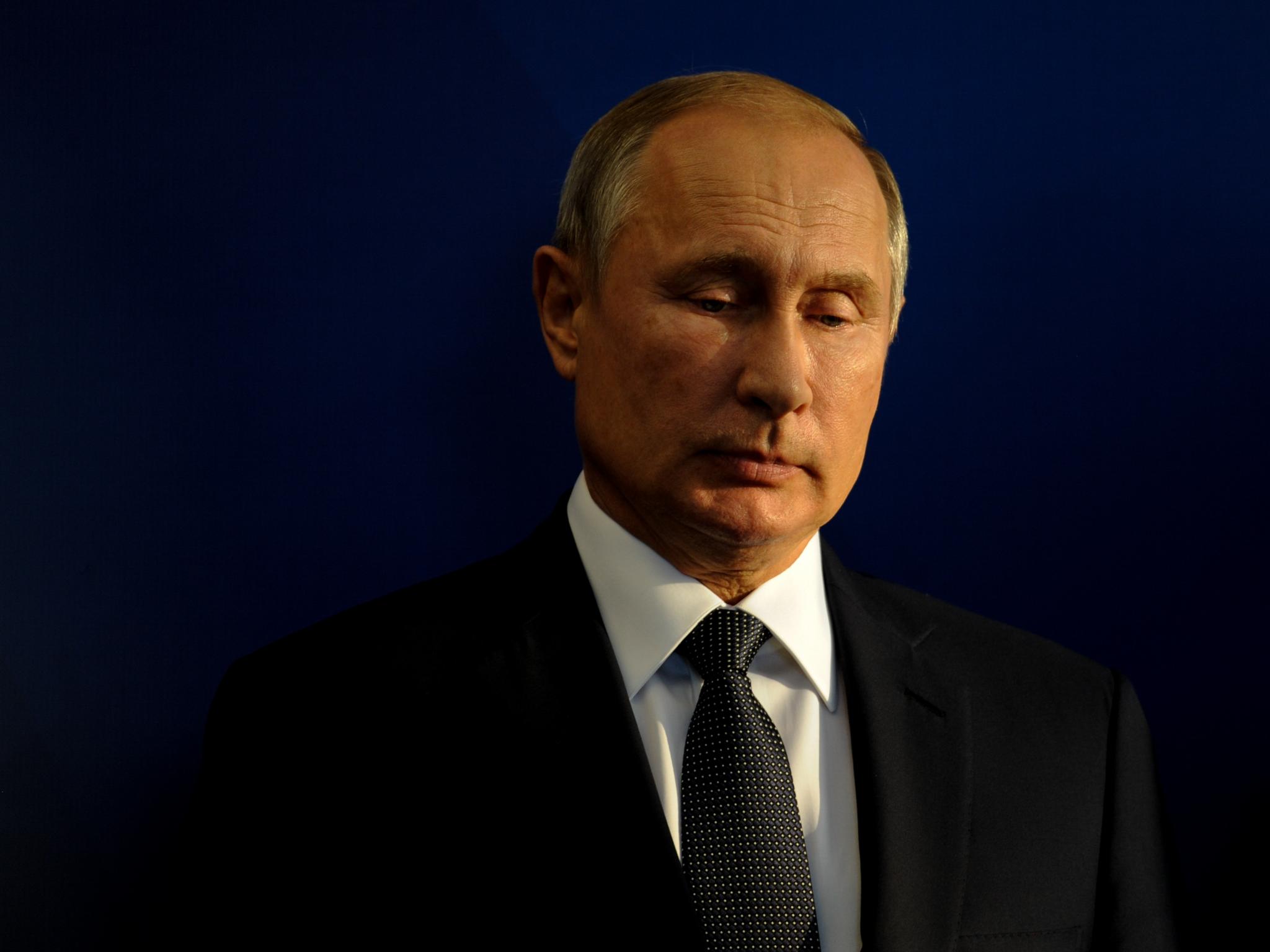
Rumors about the declining health of Russian President Vladimir Putin have been doing the rounds of the internet for a while now, amid the war with Ukraine. There have been media reports about Putin suffering from cancer, Parkinson’s disease, or even surviving an assassination attempt. Kremlin has always "laughed off" the rumors and said there was no sign of any ailment.
Putin “can stay in power for 10 years or more if he wants, it really depends on the circumstances,” political analyst Tatiana Stanovaya told Al Jazeera.
But what really happens if Putin dies or decides to leave the office before the end of his term? If that happens, the Federation Council will have 14 days to call new presidential elections; if they do not, the Central Election Commission would, Stanovaya told the publication.
Before a new president is elected, the Prime Minister of Russia, Mikhail Mishustin, would become the acting president.
Who Will Be Putin’s Successor: “Actually, no one knows [who will be next],” Stanovaya said.
“If someone, for example, starts writing Medvedev is the successor, it might be seen as a political attack on Medvedev, because no one wants to appear as a successor, because it makes your position more vulnerable,” she added.
This came after some media reports indicated that a few Kremlin insiders are quietly searching for Putin's successor in case he's forced out over the invasion of Ukraine. But Stanovaya said that much attention should not be paid to it.
However, she added that after Putin, there would be a power vacuum between business interests, security officials such as his ally and Defence Minister Sergey Shoigu, and other factions of the country’s elite.
“Conservative forces, siloviki [security officials] will seize the political initiative and take over. But if something happens to Putin later — one year or more — in this case, the risks of destabilization are much higher. We will see infighting, and the siloviki would have much less chance to keep the initiative. Next year the situation might be more different and difficult,” Stanovaya said.
Meanwhile, the Russian President is facing growing dissent at home as the Ukraine war drags on to its seventh month. On Monday, more than 30 Russian municipal deputies from 18 different districts of Moscow, St. Petersburg, and Kolpino called for his resignation.







